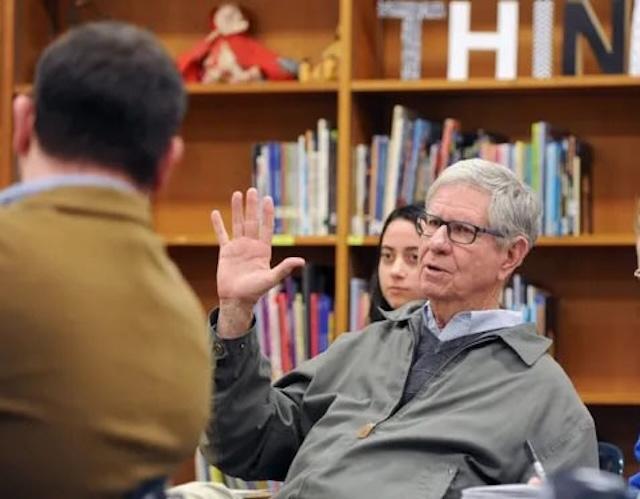If you read my first piece for KnoxTNToday, you know my early upbringing, so now you get some insights into my 49-year stint here in Knoxville.
After graduating from Sarasota High School, I entered the University of Florida in 1961.
When my parents dropped me off, my mother said something that resonates as well today as the day she said it. “Remember the parade is going in one direction and you are going in another.”
I may have gone in a different direction than the parade, but I have worked hard and everything I do is for the people to implement positive change here in Knoxville. This is not a community that encompasses social change easily. Yet, I found kindred souls who shared the vision of transformative and community change.
In the fall of 1971, I was hired to start a program at the University of Tennessee College of Liberal Arts, calling it Human Services.
The people gained respect within the university and the community. We did well as long as Alvin Nielsen was the dean of the college (1963-1977).
As a physicist, Nielsen was accustomed to the workings of the social and political aspects of human behavior. He was especially proud and pleased with the quality of students in the program and the number of Lynhurst and Phi Beta Kappa students graduating from the program.
During the Nielsen years, the program flourished, as did the students in their field placements in corrections, mental health and public housing. These programs brought kudos to the university, additional jobs and admissions to graduate schools for the students.
Building an academic department from the ground up required collaboration and a clear vision to be successful. 1971-2000 were exciting years and community programs that came from these visions would create a ripple effect in the communities where they originated. A program evolved for delinquent offenders, a prison counseling program began at Brushy Mountain State Prison and a diversion program started for young first offenders, to name a few.
All of these reforms challenged the existing human survival mode built into the fabric of the local communities. Some community members may resist or be hesitant towards reform programs fearing disruptions, danger or the unknown.
Change is rarely accepted with open arms. These programs were no exception.
It was during this period that I gained an appreciation for applied scholarship and scholar activism developed and evolved during this time.
A discussion of these impactful programs and the evolution of the community are in the next installments.
Bob Kronick is professor emeritus University of Tennessee. Bob welcomes your comments or questions to rkronick@utk.edu.

